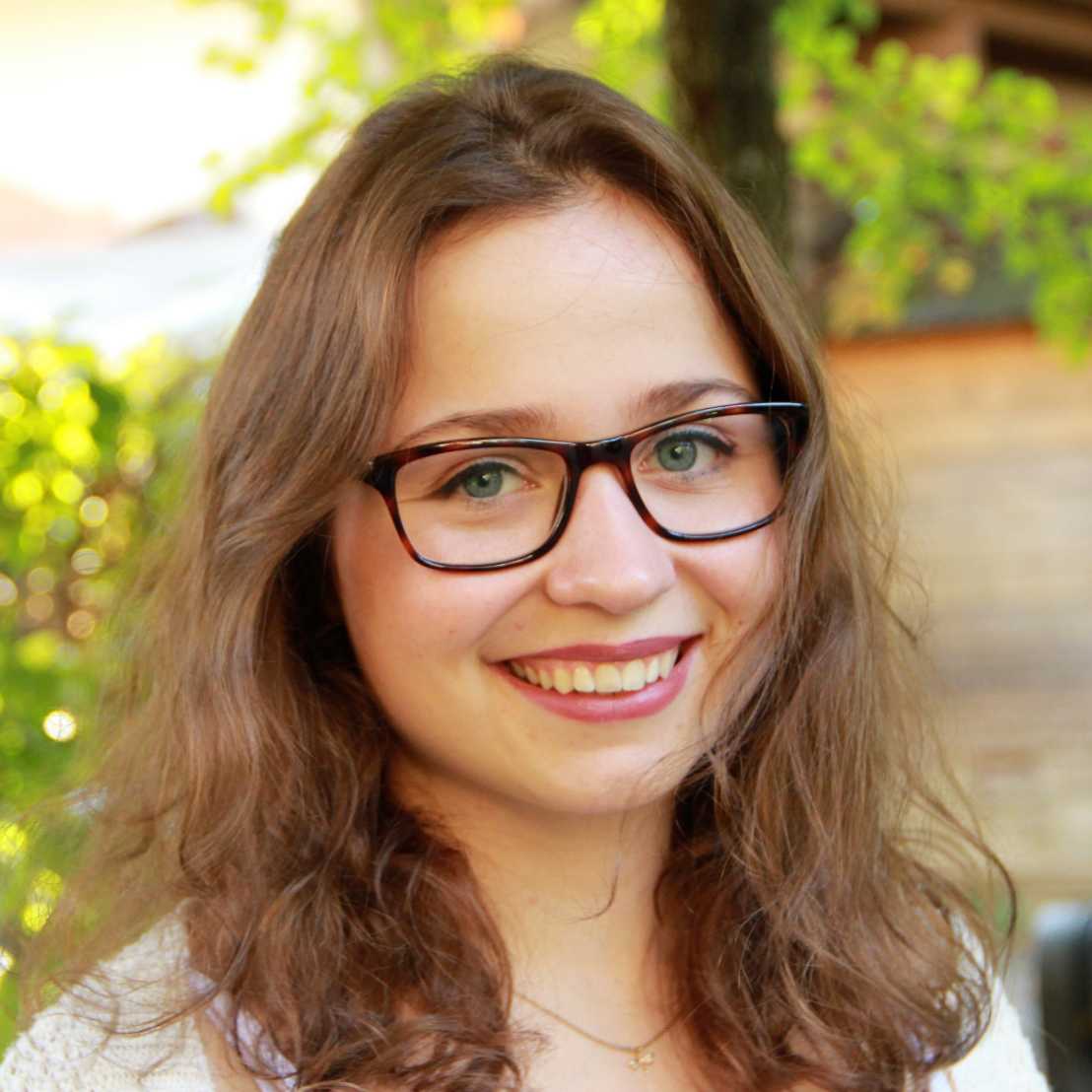From in vitro to in silico cloning – a student’s perspective
A glimpse at the email subject, “ETH Zurich suspends classroom teaching”, was enough to realize that the final semester of my bachelor’s studies has just changed drastically. Although this step was not surprising, I was staggered: From one moment to the next, my desk became an auditorium, a laboratory bench, a meeting room and the place to socialize.

On Monday, March 16, instead of taking the shuttle bus to ETH Hönggerberg, I opened the invitation link and waited for my first ever Zoom lecture to start. After the first day, I was impressed by the smooth transition from traditional to remote lectures. Of course, there were some minor technical difficulties initially, but not a single lecture on my schedule was postponed or even cancelled that day. While I have never doubted the feasibility of online lectures, I was sceptical if the same holds true for the block courses.
These third-year practical courses are arguably the most-anticipated part of the undergraduate curriculum. We just started our block course at the Paul Scherrer Institute the week before and I expected to get in touch with cloning and mammalian cell culture. With great relief, I realized that what in my eyes makes the block courses stand out from other forms of teaching did not change: The opportunity for the students to get absorbed in a very specific topic. In my current block course, our mentors challenge us every day. Not only do we work on improving our ability to write scientific texts and deepen our understanding of experimental techniques, we also learn to handle bioinformatics software. In our daily Zoom meetings with our assistants, we discuss emerging questions and get individual feedback on our submissions. Most certainly, virtual block courses do not replace the traditional ones but rather complement them. This form of teaching forces us students to train skills – both technical and personal – on which undergraduate studies do not normally focus on.
When I have time to work on individual tasks, I usually Zoom or Skype with friends – some also studying, others already writing their thesis or working. Furthermore, students are getting creative to actively shape their free time, convinced that social distancing should not imply social isolation. While some program their own card game, others organize board game evenings and virtual coffee breaks. This summarizes what amazes me in the reaction of the ETH community to these circumstances: How an initial uncertainty is turned into an opportunity to establish new forms of teaching, learning and socializing.